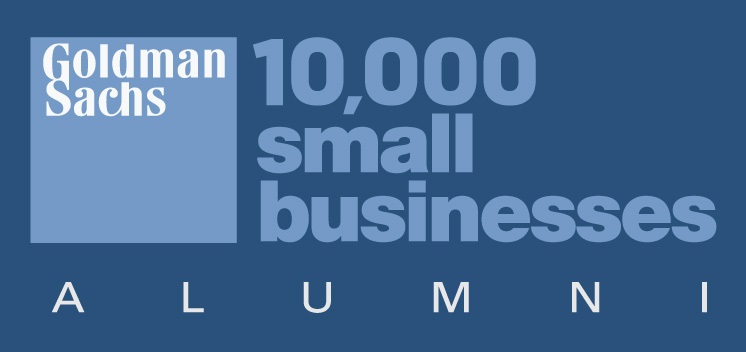Nonprofit employees are passionate people — so much so, that sometimes they don’t know when to shut off. Burnout is a problem everywhere, however it’s particularly prominent in the nonprofit sector. Operating under crisis is already the norm for nonprofit organizations — however Covid-19 quickly revealed the complexities global crises present, and the weight that it carries in terms of self-care.
While it’s everyone’s responsibility to put their own self-care practices in place, employers have a duty to prioritize and facilitate self-care in the workplace. And it’s important to note that this goes far beyond pay, benefits, employee assistance programs, etc. Nonprofits must consider how their practice could be contributing to staff burnout, and put actionable steps in place to improve overall morale.
Below, we’ll review some self-care lessons within the nonprofit sector, and how you can look to implement them.
Incredible strength and resilience isn’t sustainable.
We’ve been in awe of the strength and resilience front-line workers have presented during Covid-19. However, this isn’t something we should consider sustainable. Unfortunately, coping with crises can lead to what’s called compassion fatigue — or “the emotional residue or strain of exposure to working with those suffering from the consequences of traumatic events.” Nonprofit employees were already dealing with this well before the pandemic, and the impact of continuous trauma day-to-day is very real. Protecting the emotional and mental strain during this time is critical. This means nonprofit leaders must work to create environments that are safe, and provide the physical, mental, and emotional space necessary for someone to thrive. Organizations can start by having trauma-informed staff and support resources on hand, and implementing policies that are detailed, transparent, and supportive.
Productivity trumps hours worked.
Prior to the pandemic, the typical 9-5 workday was already in speculation when it comes to productivity. Many organizations are coming to the realization that the number of hours worked does not always equate to quality of work. Employees everywhere are experiencing work from home burnout and fatigue, and it’s important nonprofit organizations work to protect that. Nonprofit organizations should consider adapting more flexible schedules, and create initiatives that will drive a more sustainable work, life, and health balance. In addition, reliable and accessible technology will help drive this mission and promote a more well-rounded remote working environment.
Self-care is personal (and a privilege).
Self-care looks different on everyone. It’s not a one-size fits all, and comfort levels and decompression methods will differ among individuals. That’s why the leadership approach is so important when it comes to implementing self-care initiatives. It is an organization’s duty to create a space where individuals can execute self-care in a personally meaningful way, regardless of their physical, emotional, or financial preferences or constraints. Designated time should be given to employees to engage in self-care, without adding anything else to their place. Providing a variety of options will allow employees to feel more comfortable acting upon their self-care needs.
In the same respect, it’s important to be aware that self-care is a privilege. Covid-19 has exposed gaps in our system when it comes to racial disparities, limited access to information, testing, and healthcare. These cracks have created barriers to self-care accessibility, as many don’t have the resources, time, or energy to pursue them. To understand self-care as a privilege, leadership must implement diversity, equity, and inclusion (DEI) policies that will help to eliminate barriers to self-care participation. It’s about meeting people where they are, building a sense of belonging, and identifying where the blind spots are.
What self-care strategies have you implemented in your nonprofit organization? Share with us in the comments below! And as always, RBW is here for all your nonprofit consulting needs.
Contact us today if your team is struggling with burnout and needs additional help!





